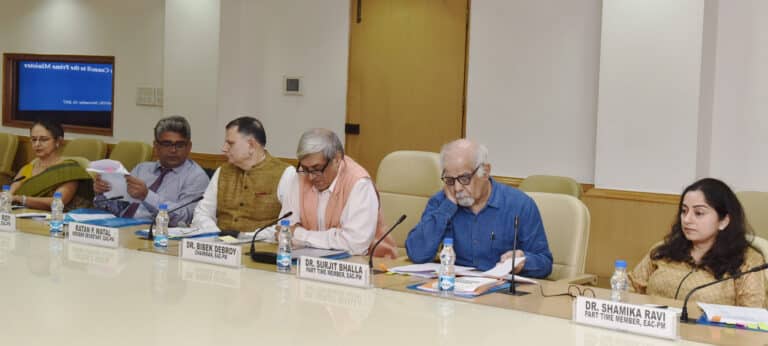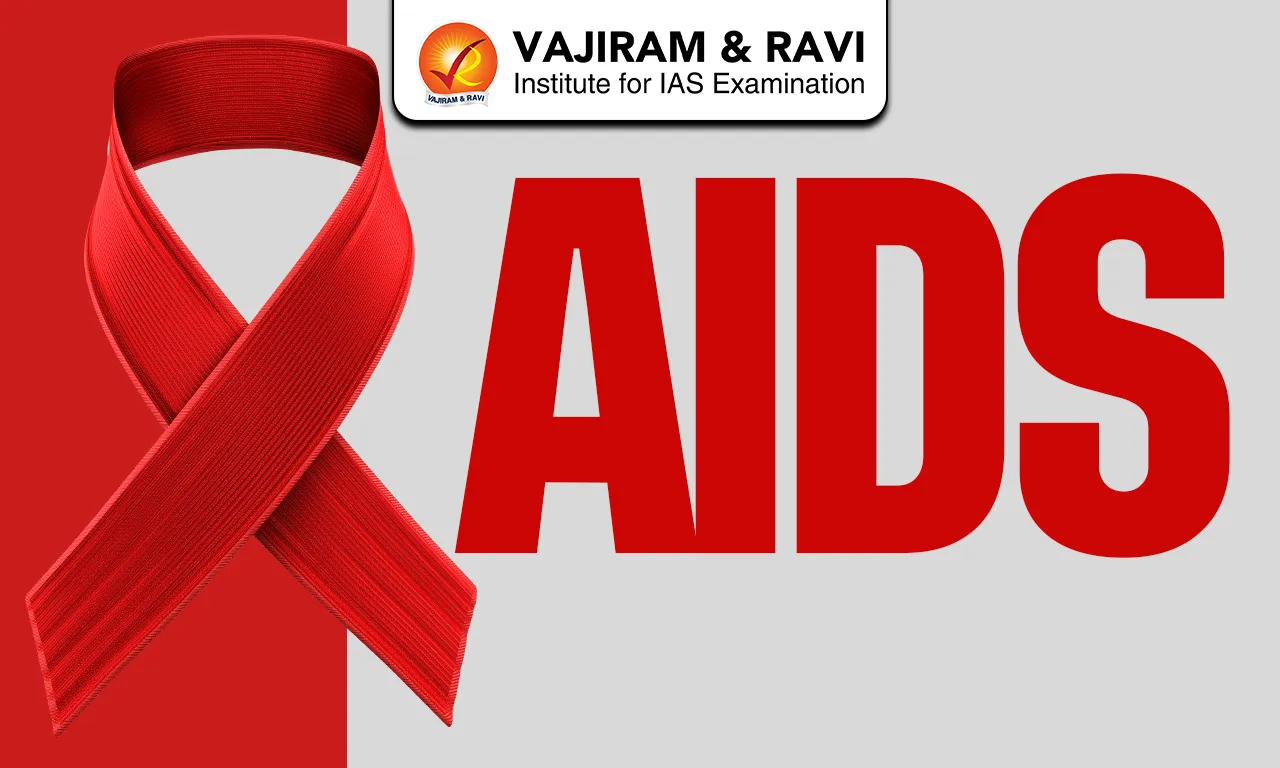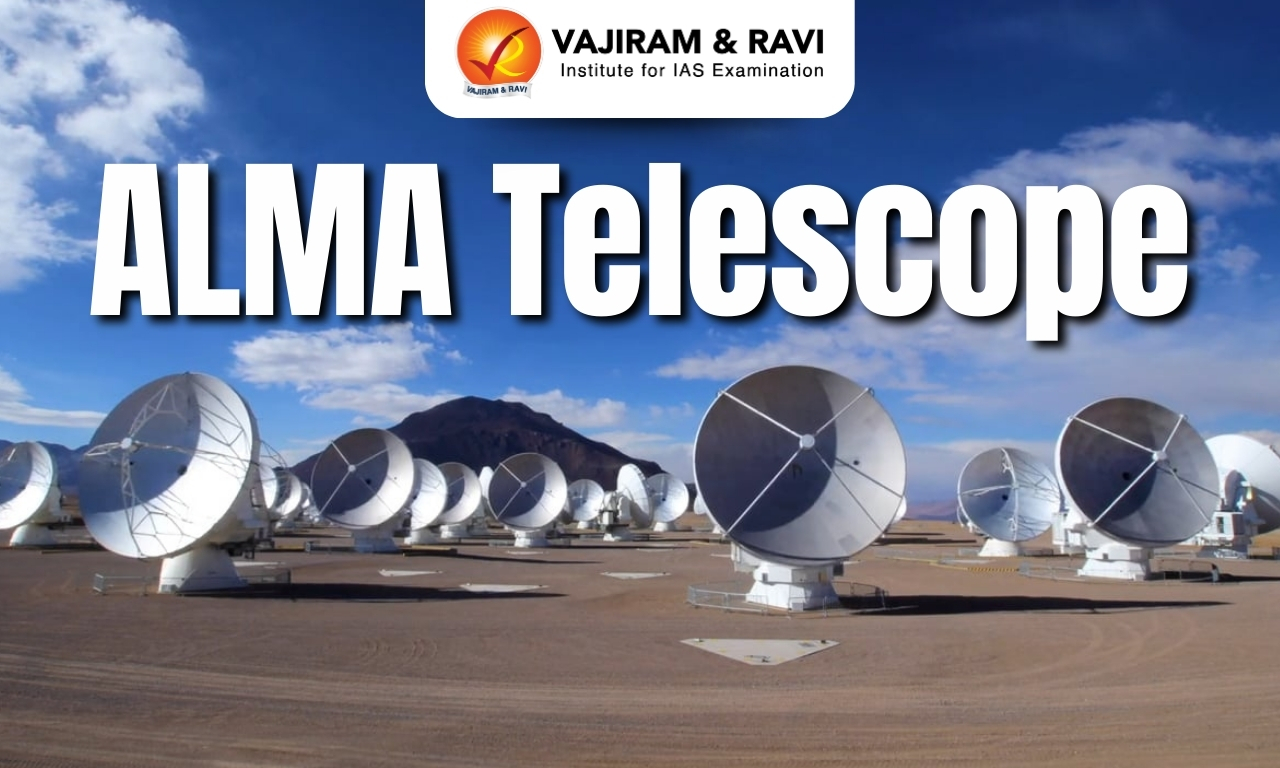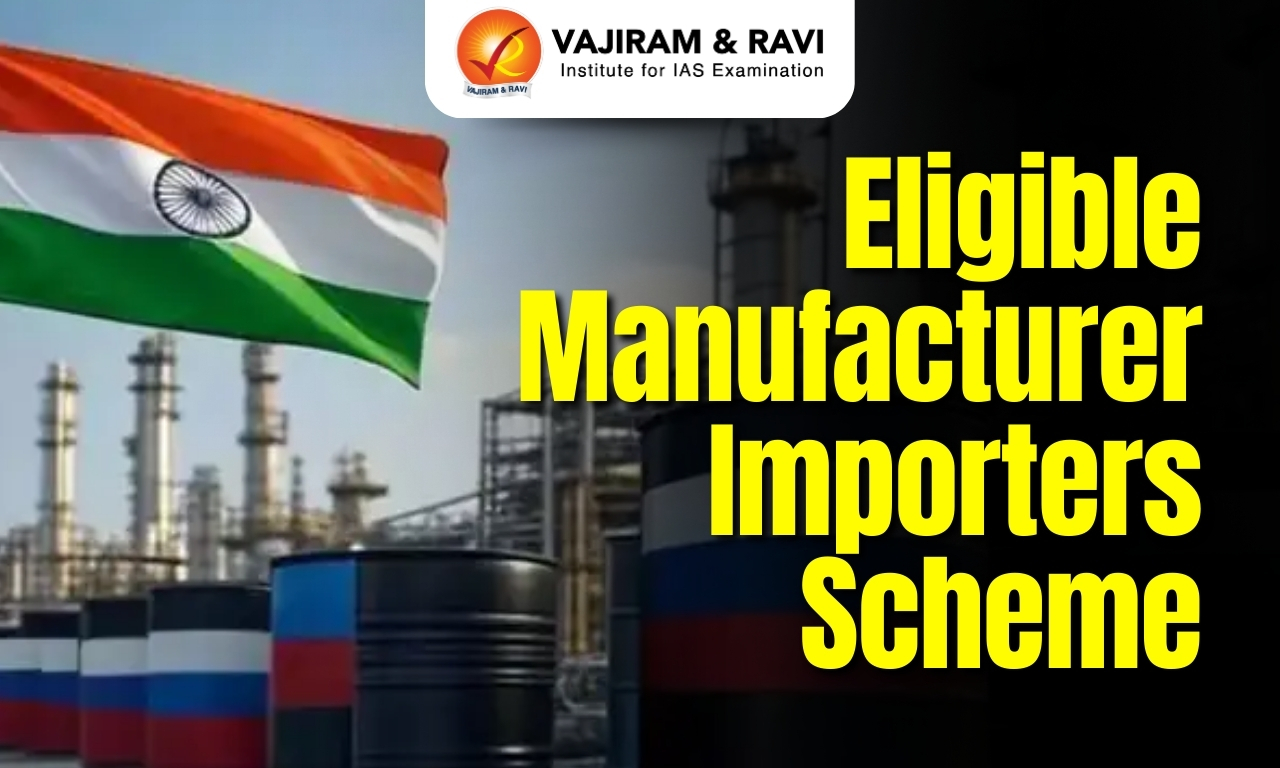About Economic Advisory Council to the Prime Minister (EAC-PM)
- It is an independent body constituted to give advice on economic and related issues to the Government of India, specifically to the Prime Minister.
- It was set up for the first time in September 2017 with a term of two years.
- Terms of Reference:
- Analyzing any issue, economic or otherwise, referred to it by the Prime Minister and advising him thereon, addressing issues of macroeconomic importance, and presenting views thereon to the Prime Minister.
- These could be either suo-motu or on reference from the Prime Minister or anyone else.
- Attending to any other task as may be desired by the Prime Minister from time to time.
- Composition:
- EAC-PM is headed by a Chairperson and consists of eminent economists as members.
- It is supported in its functions by a team of officials and administrators.
- There is no fixed definition of the exact number of members and staff of the EAC-PM.
- It is common for the Council to be reconstituted time and again with different organizational structures headed by various economists who are of recognized international eminence.
- For administrative, logistic, planning, and budgeting purposes, the NITI Aayog serves as the nodal agency for the EAC-PM.
What is a Patent?
- A patent is an exclusive right granted for an invention, which is a product or a process that provides, in general, a new way of doing something, or offers a new technical solution to a problem.
- To get a patent, technical information about the invention must be disclosed to the public in a patent application.
- In principle, the patent owner has the exclusive right to prevent or stop others from commercially exploiting the patented invention. In other words, patent protection means that the invention cannot be commercially made, used, distributed, imported, or sold by others without the patent owner’s consent.
- Patents are territorial rights. In general, the exclusive rights are only applicable in the country or region in which a patent has been filed and granted, in accordance with the law of that country or region.
- The protection is granted for a limited period, generally 20 years from the filing date of the application.
Q1) What is the World Intellectual Property Organization (WIPO)?
The WIPO Convention, the constituent instrument of the World Intellectual Property Organization (WIPO), was signed at Stockholm on July 14, 1967, entered into force in 1970 and was amended in 1979. WIPO is an intergovernmental organization that became in 1974 one of the specialized agencies of the United Nations system of organizations.WIPO’s two main objectives are (i) to promote the protection of intellectual property worldwide; and (ii) to ensure administrative cooperation among the intellectual property Unions established by the treaties that WIPO administers.
Source: India will be able to issue 1 lakh patents in a year in the next 18 months’ time: Sanjeev Sanyal
Last updated on March, 2026
→ UPSC Notification 2026 is now out on the official website at upsconline.nic.in.
→ UPSC IFoS Notification 2026 is now out on the official website at upsconline.nic.in.
→ UPSC Calendar 2026 has been released.
→ UPSC Final Result 2025 is expected to be released soon.
→ Check out the latest UPSC Syllabus 2026 here.
→ Join Vajiram & Ravi’s Interview Guidance Programme for expert help to crack your final UPSC stage.
→ UPSC Mains Result 2025 is now out.
→ UPSC Prelims 2026 will be conducted on 24th May, 2026 & UPSC Mains 2026 will be conducted on 21st August 2026.
→ The UPSC Selection Process is of 3 stages-Prelims, Mains and Interview.
→ Prepare effectively with Vajiram & Ravi’s UPSC Prelims Test Series 2026 featuring full-length mock tests, detailed solutions, and performance analysis.
→ Enroll in Vajiram & Ravi’s UPSC Mains Test Series 2026 for structured answer writing practice, expert evaluation, and exam-oriented feedback.
→ Join Vajiram & Ravi’s Best UPSC Mentorship Program for personalized guidance, strategy planning, and one-to-one support from experienced mentors.
→ Check UPSC Marksheet 2024 Here.
→ UPSC Toppers List 2024 is released now. Shakti Dubey is UPSC AIR 1 2024 Topper.
→ Also check Best UPSC Coaching in India


















